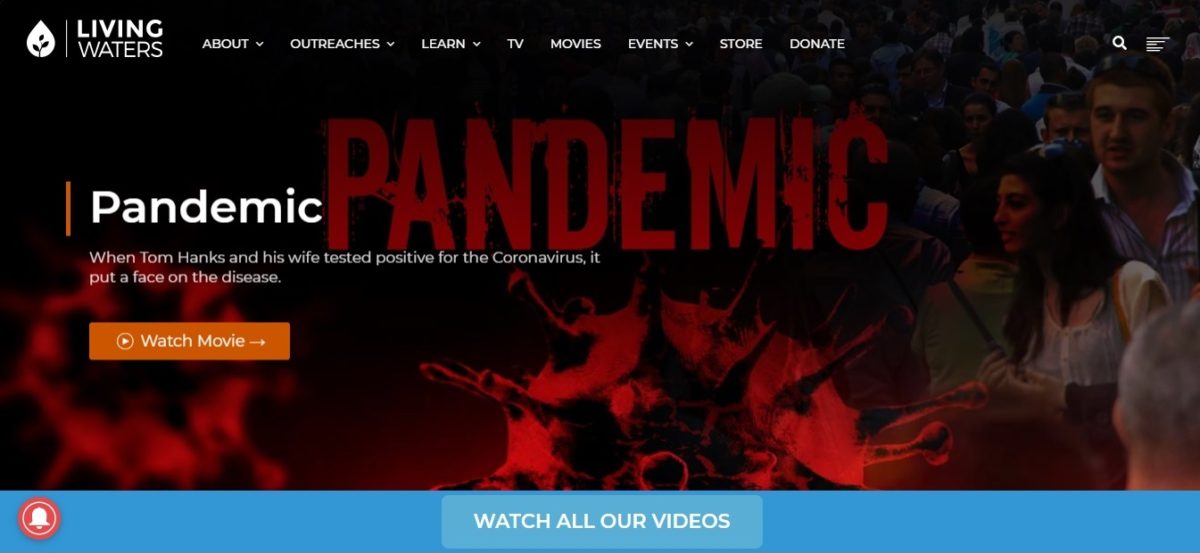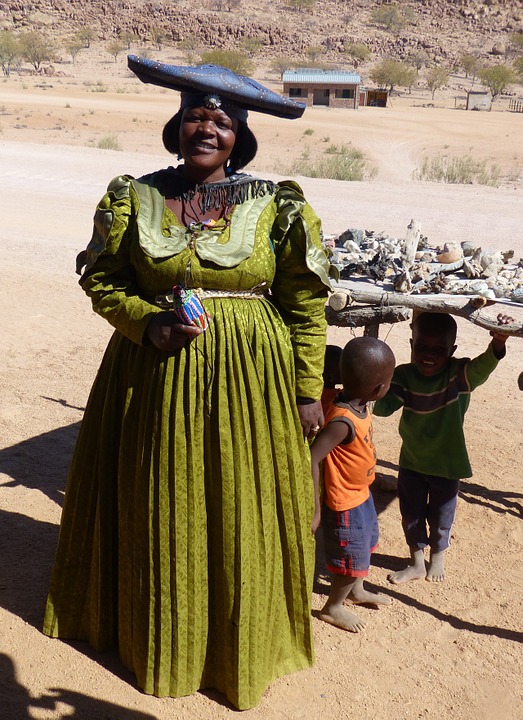For the which cause I also suffer these things: nevertheless I am not ashamed: for I know whom I have believed, and am persuaded that he is able to keep that which I have committed unto him against that day.
2 Timothy 1:12 (KJV)
For several days in June 2023, the world was fascinated by the saga of the Titan. A submersible with five wealthy, intrepid passengers aboard which had gone missing on a tourist dive 13,000 feet into the Atlantic Ocean to view the wreck of the Titanic. What had happened to the Titan and its passengers? Were they lost in the depths? Adrift on the waves? Did they have enough air? Food? Water? Whole broadcasts were dedicated to the tale, with an ominous countdown showing how much air they would have in the best-case scenario.
Unfortunately, as it turned out, air was the least of the Titan’s problems. It imploded on the way down on Sunday, 18th June 2023, killing all five aboard. Even before the news broke out on Wednesday, however, news had come out about how deepsea diving industry professionals and even the staff of the company had expressed grave concerns about the safety of the Titan. CEO Stockton Rush, who perished along with four others, had been warned multiple times from multiple quarters that the vessel needed much more testing, but he refused to listen, even responding to one person that he was “personally insulted” by their warnings.
 The thing is, Stockton Rush wasn’t just talking a good game. He genuinely believed riding in the Titan was “safer than crossing the street,” to use his own words. We know he believed it because he went down personally on that ill-fated voyage last week.
The thing is, Stockton Rush wasn’t just talking a good game. He genuinely believed riding in the Titan was “safer than crossing the street,” to use his own words. We know he believed it because he went down personally on that ill-fated voyage last week.
Unfortunately, just because you sincerely believe something is safe does not mean that it is actually safe. To quote C. H. Spurgeon,
If you sincerely drink poison, it will kill you: if you sincerely cut your throat, you will die. If you sincerely believe a lie, you will suffer the consequences. You must not only be sincere, but you must be right.
This applies not just to submersibles but also to our eternal destinies. No matter how long you live, you will eventually die. Maybe not in a submersible, but something will get you in the end. Or perhaps Christ will come before then. Either way, what will become of your soul? Is what you’re trusting to hold you truly capable of sustaining you in that day?
It’s not enough to “believe” or to “have faith.” The object of that faith must hold up. And the Word of God plainly tells us that “…there is one God, and one mediator also between God and men, the man Christ Jesus (1 Timothy 2:5)” and that “Salvation is found in no one else, for there is no other name under heaven given to mankind by which we must be saved (Acts 4:12).“So if today you are trusting in any other Titan to hold you in the day of judgment, abandon false hope, repent and believe the gospel.
If the 6500 psi of pressure that crushed the Titan was fearful, how much more the anger and judgment of the one who created that pressure out of nothing? I pray that anyone reading this will stop ignoring warnings, stop hoping nothing happens, stop listening to the false assurances of the world and turn to “Jesus who delivers us from the wrath to come (1 Thessalonians 1:10).” May God have mercy on us all.








